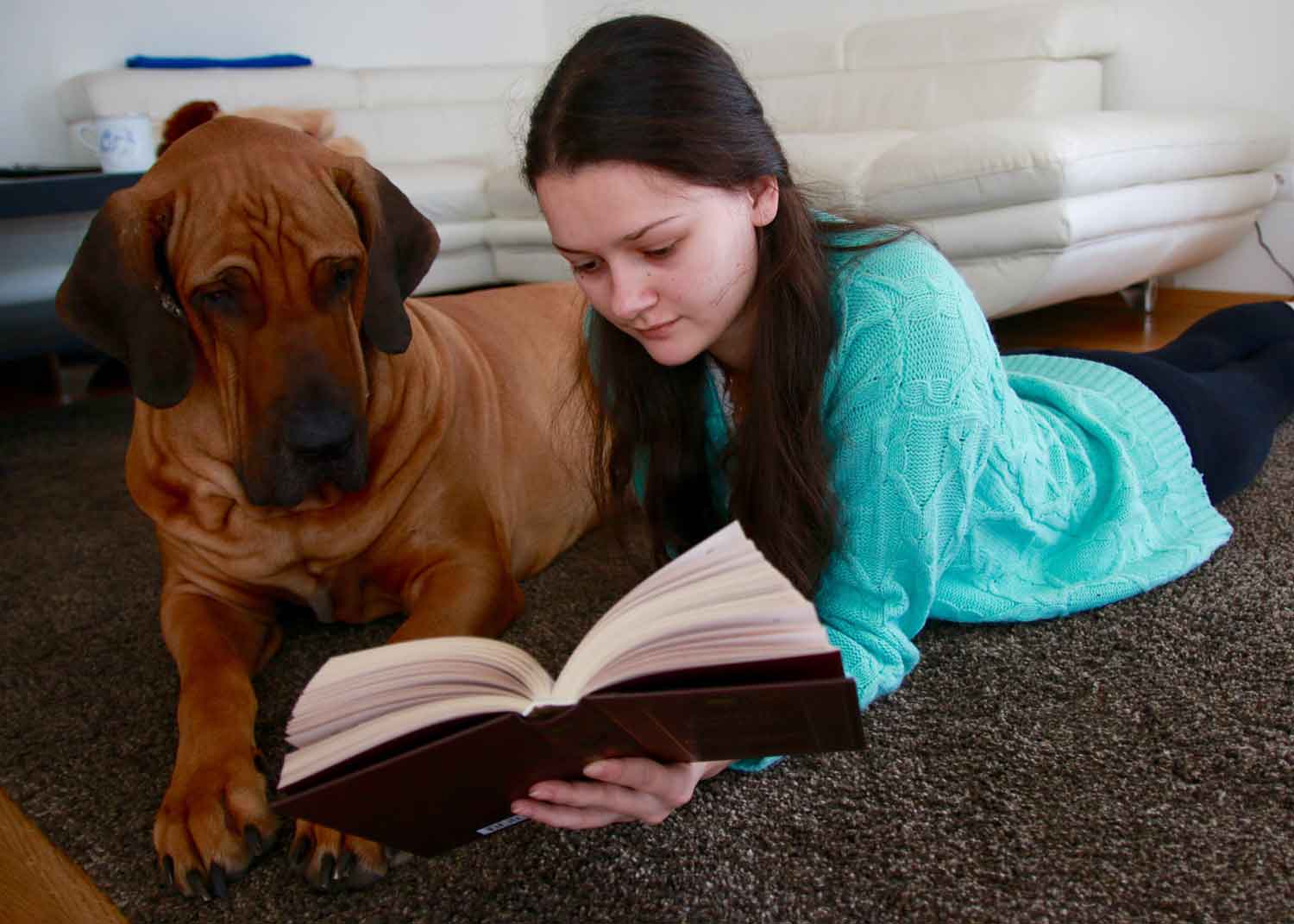Cypress View2021-04-25T20:38:06-06:00
October came fast this year and with this month comes a swift shift in weather, a food filled family holiday, and a spooky fun day. October is a month that we are sure pets look forward to as well; leftovers from a Thanksgiving feast usually make their way into the food bowl. But sometimes, the outcome of the turkey and gravy meal will not leave your pet feeling thankful.
The excess fat and milk products in our Thanksgiving meals can upset our pets stomach and create an inflammatory and very painful condition known as pancreatitis.
We are pet owners too, and we know how hard it is to say “no” to those little sad eyes watching you under the table. Let’s go over what popular thanksgiving foods we should avoid sharing with our pets, and which ones can be shared (with discretion to your pet’s own health).
The Turkey
- Rule of thumb is to avoid any of the turkey bones and fatty skin/drippings
- Turkey meat is actually a nice lean protein for pets – if you’re thinking of saving some for your pet, make sure it is a non-seasoned piece!
- Giving cooked potatoes in small amounts can be ok for your pet – it is all of the other things we add to it that can cause issues such as milk/cream, seasoning, green onions, butter, etc.
- If you are unsure if you pet is sensitive to lactose, a safe bet is to avoid potatoes unless you save a plain cooked one saved just for them
- Nutritious to give to your pet on their own – but we need to watch the additives such as butter, milk/cream, and sugar
- For corn; Avoid Corn on the Cob at all costs – if a cob is ingested, it cannot be broken down in the intestines and will usually result in a blockage in the intestines which equals surgery.
- The high fat content in gravy becomes a big “ no no” when it comes to pets
- Adding a touch of sweetness to your pet’s thanksgiving meal can be done with a dash of cranberry sauce, but please be warned as usually there is a high sugar content in any type of sweet sauces
- A small tidbit of a baked bun can be ok for your pet, but if you are making your own baked goods avoid giving any raw/uncooked dough; the yeast and sugar in the dough can create a reaction in the body resulting in secondary hypoglycemia or alcohol poisoning.
- High in fat
- High in sugar
- Lactose products (Dogs and cats are lactose intolerant after weaned from their mother)
- Bones
- Onions/raisins/tomatoes/chocolate/xylitol


